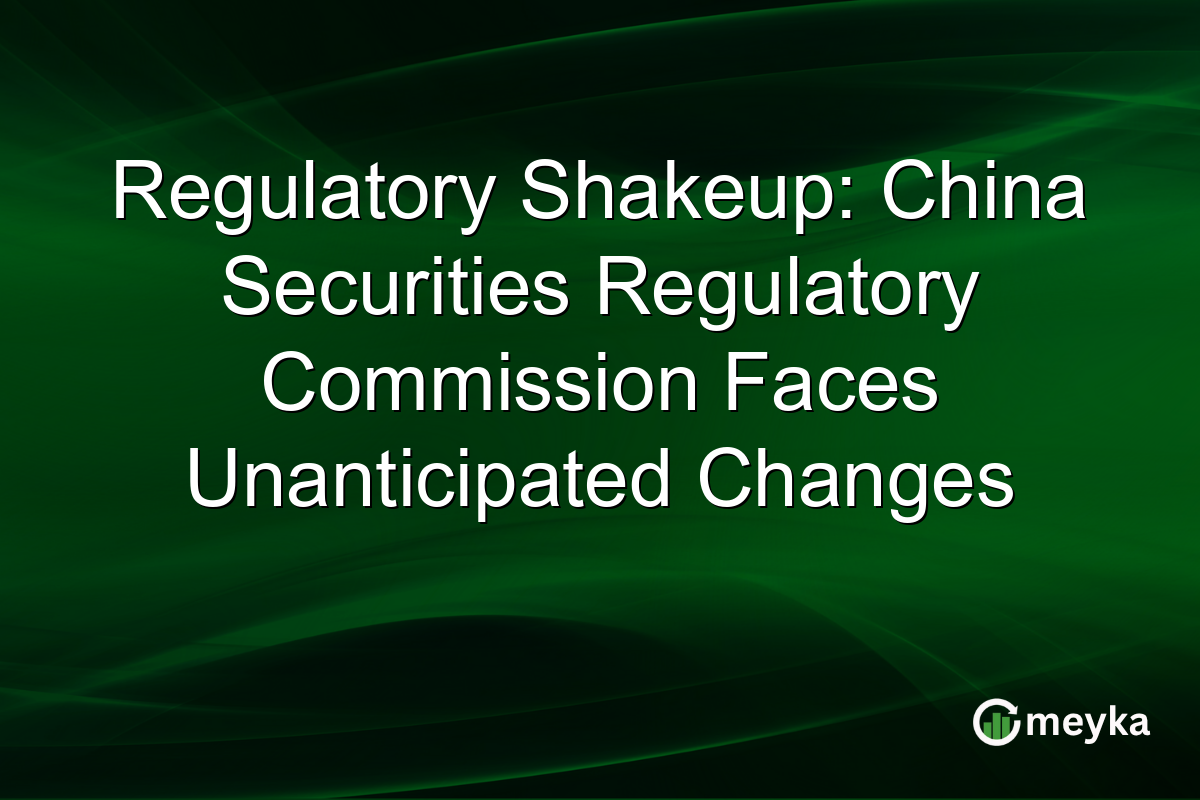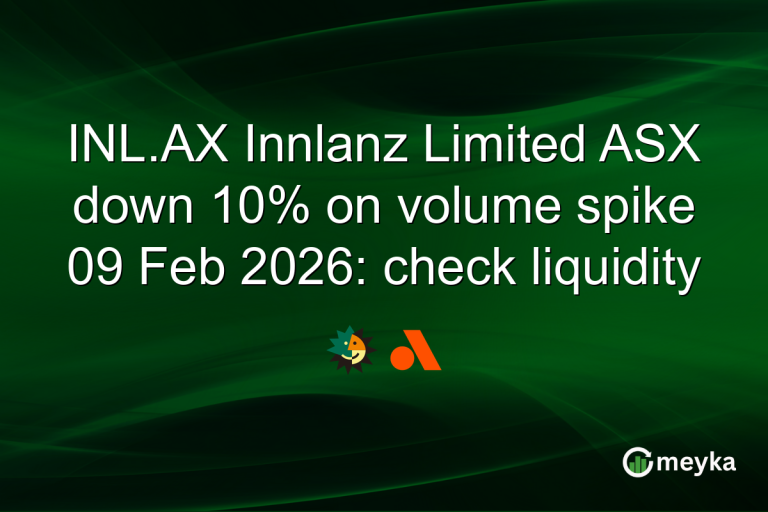Regulatory Shakeup: China Securities Regulatory Commission Faces Unanticipated Changes
The China Securities Regulatory Commission (CSRC) is entering a period of significant transition. Unofficial sources report that Wu Qing, its chairman, has resigned due to health issues. Such leadership changes at the CSRC can profoundly affect China’s financial regulation and investor confidence. With Wu Qing at the helm, the CSRC has been at the forefront of overseeing the expansive Chinese stock market, which is pivotal in global finance. Now, market participants are closely watching for shifts in policy direction.
Continue Reading on Meyka
This article is available in full on our main platform. Get access to complete analysis, stock insights, and more.
Read Full Article →





